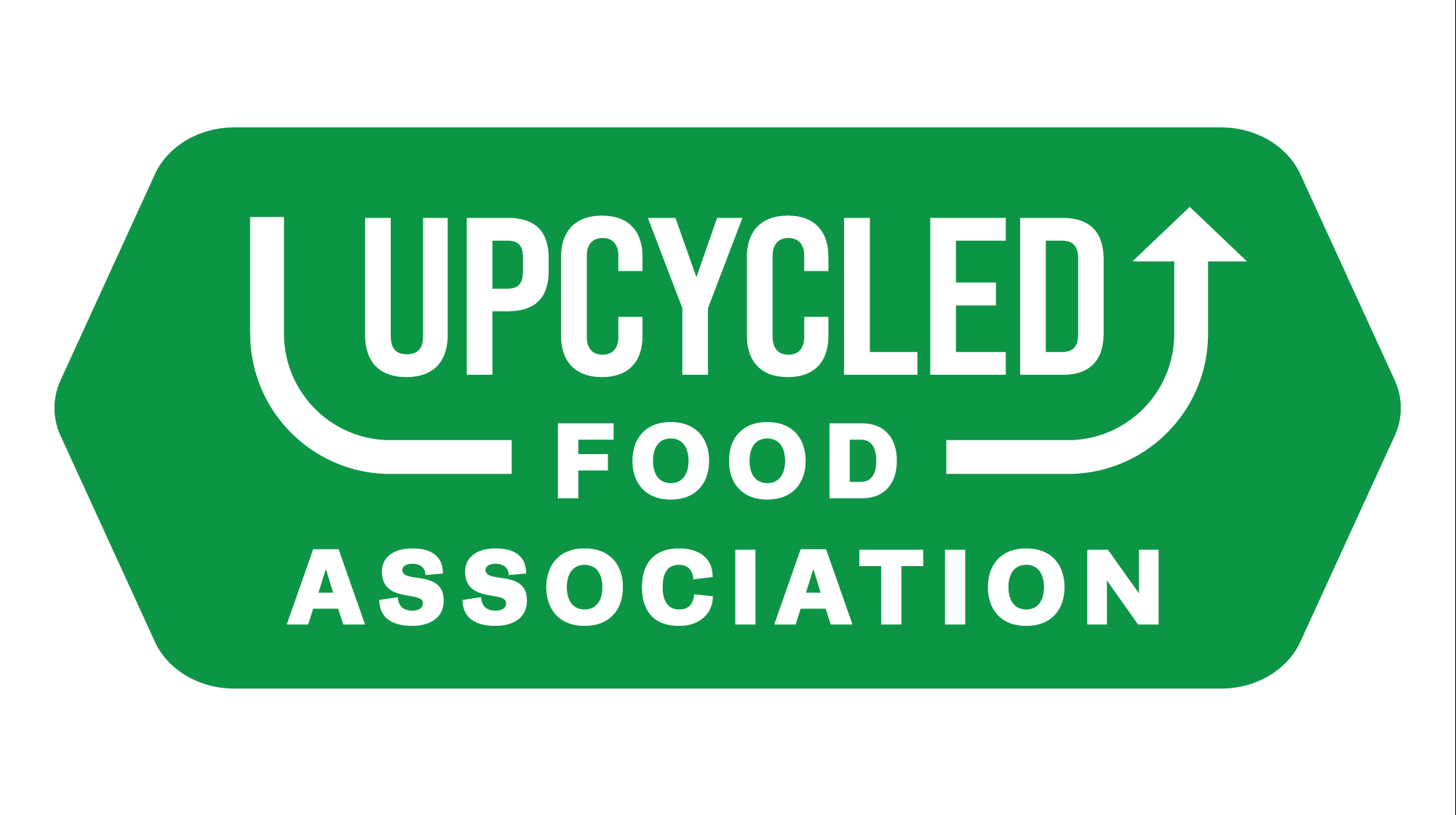Mitigating climate change requires a range of solutions to attack the problem from all sides. Regenerative agriculture with its emphasis on soil health to sequester atmospheric carbon is one solution. Addressing the massive problem of food waste is another. A new organization, Upcycled Food Association, has been established whose members are eliminating food waste by upcycling it into nutritious foods and ingredients.
An estimated 40% of the food produced in the U.S. each year—126 billion pounds—is thrown away or ends up in landfills where it emits methane gas, a major contributor to climate change. Worldwide that is a food loss worth an astounding $940 billion. According to Project Drawdown reducing food waste is the number one solution to climate change, even more so than regenerative agriculture.
Aims to grow the upcycled food economy
Solving the food waste problem was the inspiration for establishing the Upcycled Food Association (UFA), which was founded in 2019.
“There hasn’t been an industry focusing on food waste until now,” says Turner Wyatt, CEO of the Upcycled Food Association. “We are giving consumers a way to engage with that solution every time they shop for food.”
UFA, which has 115 members from 16 countries, aims to grow the upcycled food economy, which is worth an estimated $46 billion and projected to grow at an annual rate of 5% over the next decade, according to Future Market Insights. UFA is growing fast, having gained more than 100 members in just a year.
Examples of food waste include fruits and vegetables that are thrown away, fruit discarded from coffee and cacao plants, grains left from beer brewing, and pulp from juice production, to name a few.
Upcycled foods are defined as foods that “use ingredients that otherwise would not have gone to human consumption, are procured and produced using verifiable supply chains, and have a positive impact on the environment.”
Wide range of upcycled foods and ingredients
UFA members include businesses producing unique and nutritious upcycled food solutions, and range from small to large companies. Upcycled products include tea and coffee makers, pet foods, juices, food flavors, “ugly” produce, flours, snacks, alcoholic beverages, and more. Renewal Mill upcycles okara, the waste product from soymilk production, into high protein, high fiber, and gluten-free flour. They are expanding their production to upcycle okara from oat milk production into flour. Brazil-based Barnana has saved 100 million bananas from going to waste by upcycling “imperfect” fruit into tortilla-style plantain chips. Barry Callebaut, the world’s leading manufacturer of chocolate and cocoa products, is developing WholeFruit chocolate that is upcycled from the whole cacao fruit. About 14 million tons of cacao are harvested each year to make chocolate. Traditionally, chocolate is made from cacao seeds only, while the fruit is discarded, a waste of 10 million tons. Barry Callebaut is preventing this waste by upcycling the delicious and nutritious fruit.
Wyatt says Barry Callebaut’s upcycling cacao innovation could help avoid development of a genetically engineered cacao tree, which has been proposed by biotech industry supporters as a solution to dwindling chocolate supplies.
“Upcycled food allows us to avoid situations like GMO chocolate. There would be no need to genetically engineer cacao because we would make better use of plants we have,” he says.
Though Wyatt says the biggest impact of upcycling is that it helps to save one-quarter of the earth’s arable land, an area the size of China, and one-fifth of the planet’s fresh water from going to produce food that is wasted.
Fruit and vegetable producing giant Dole recently joined UFA. In an interview with Forbes, Luigi Sigismondi, president of Dole Packaged Foods, said his company was “looking for innovative ways to convert less-than-perfect produce into affordable, innovative forms of nutrition.” Further he said: “We are excited about what UFA can bring to our efforts and what we can do ourselves to support the association to connect and educate growers and consumers.”
Consumer preference for upcycled foods
Wyatt says there is evidence of consumer preference for upcycled foods, citing a series of studies conducted by researchers at Drexel University in 2017 who looked at consumer preference for foods made from surplus ingredients or “value added surplus products” made from food waste. The studies found “strong potential for consumer acceptance, and even a preference for such foods (derived from food waste)” and that “these studies suggest a strong potential for such foods to command position as a new category of foods that is distinct from both conventional as well as organic foods.”
As a result, consumer education is an important part of UFA’s work in addition to supporting its members’ efforts.
“The upcycled food industry has a huge amount of potential with consumers who need to know what this industry is about. That’s why we focus a lot on consumer education,” Wyatt says.
Another aspect of consumer education is a certification program with a consumer facing label that UFA is developing for upcycled foods.
“To build on the upcycled definition, we are creating a product certification program to help consumers identify upcycled products,” Wyatt says.
UFA plans to roll out the certification program in 2021.





